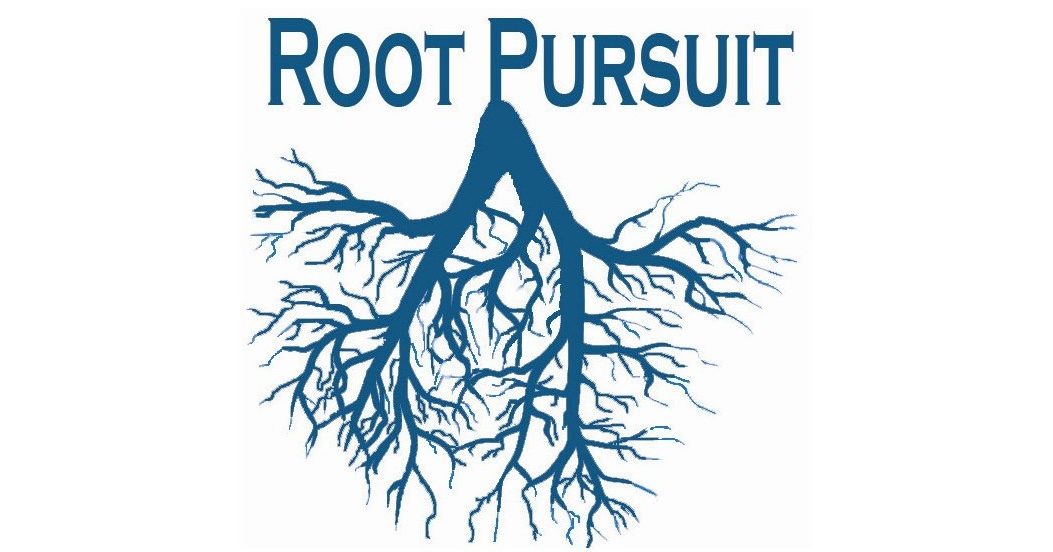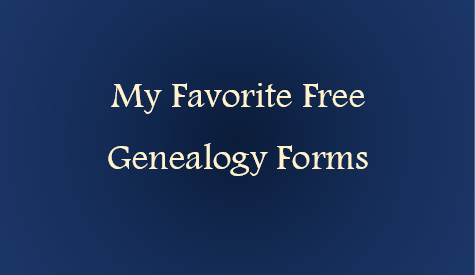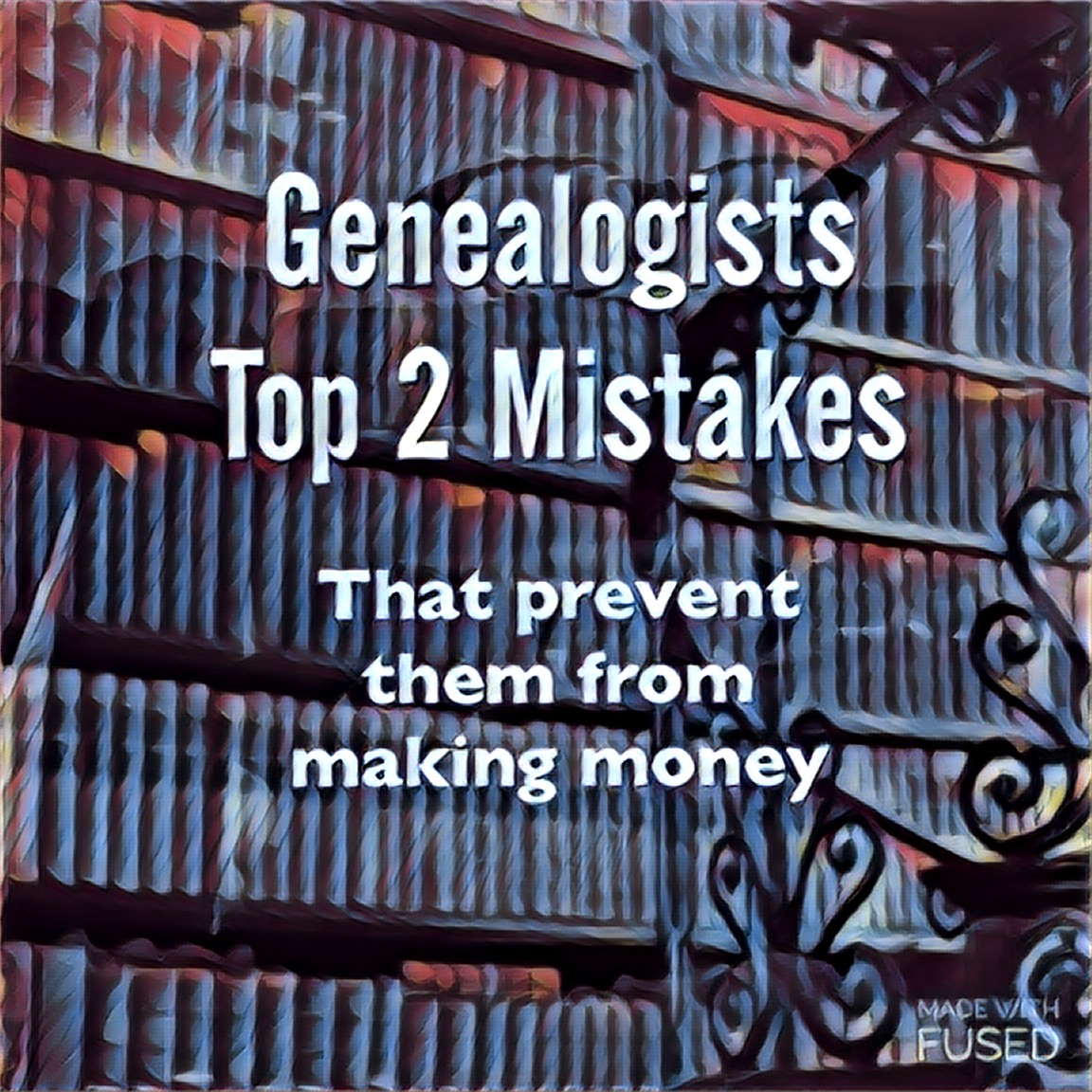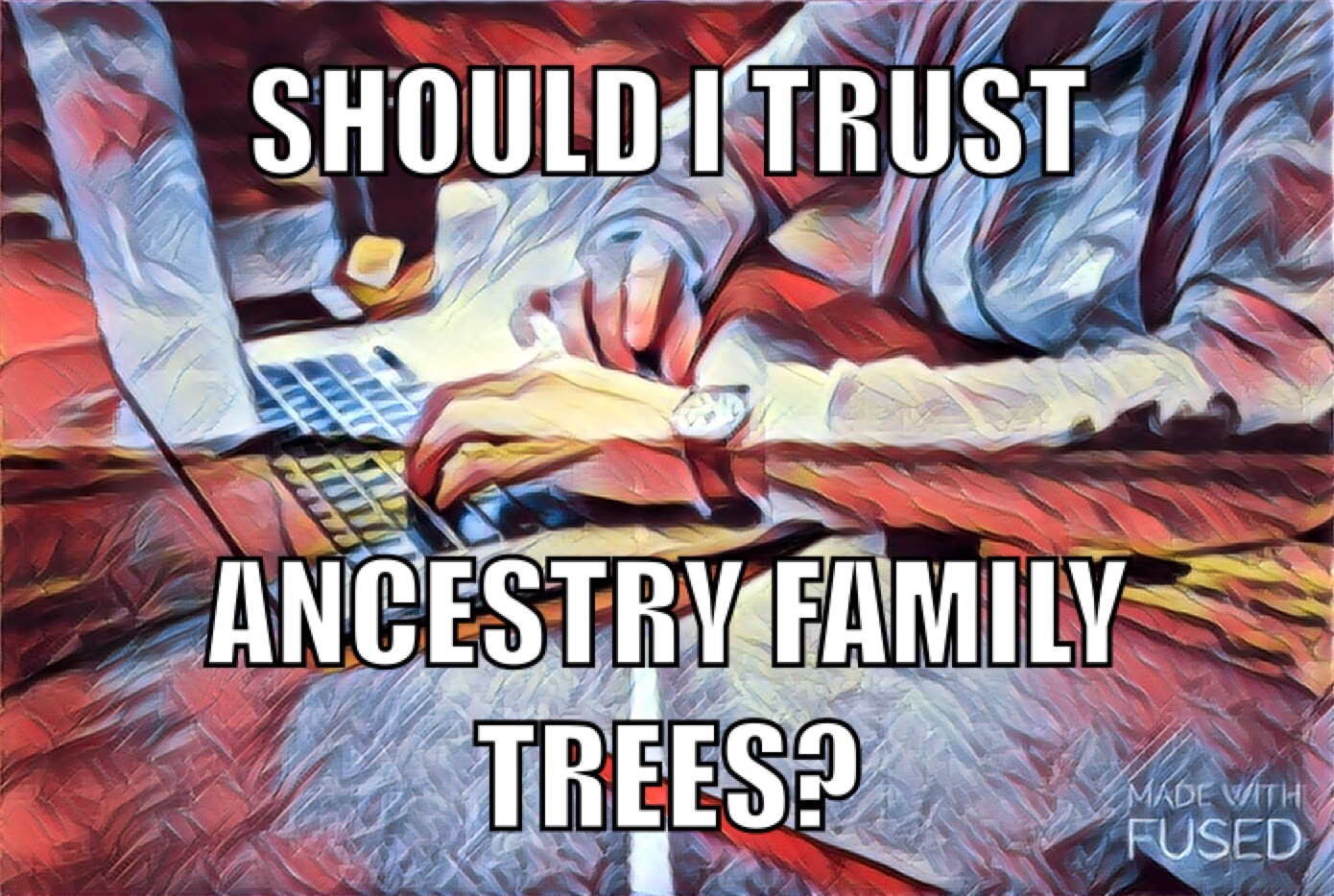In an ideal world, everyone would share their genealogy research. For myself, I am all about sharing my research, my ideas, and my techniques for researching. There are three life events that reinforced this sharing philosophy in my life.
Life Event 1 – Collaborating with my Dad
The first event started out with my father. He researched his ancestry for the majority of his adult life. I developed the bug when I was in high school. My dad readily shared all of his research with me, and I was able to began the process of recording the information into my own system and researching on my own. As the internet came to life (about 1995) I was surprised to discover that I was finding things that my dad hadn’t found. One of my first genealogy lessons in life was: Everyone looks at research differently and provides their own unique perspective that will yield entirely different results from someone else.
Sharing genealogy research benefits us because other genealogists will find different information than us.
My dad and I collaborated and shared information and it didn’t take him long to be an early adopter of online resources (I don’t think he wanted me to out research him). He also shared a story with me about primary records that stuck with me. One of the places he obtained information was the small courthouse in Switzerland County, Indiana that housed the original vital records and official documents. One day he decided to take a trip and look at the books to verify the exact verbiage on a document. He was horrified to discover as he opened the book to the page – someone had ripped it right out of the book. The entire page was totally gone, torn right out. So now, the only proof he had of these facts, possibly to exist in the world, were his handwritten notes from years before. This lesson hit me hard. I learned that official documents don’t last forever, that they are vulnrable to individuals who don’t respect other people’s desire to have this information and that without sharing, some information can and will be lost forever.
You may have paid a courthouse or county to get this information, but who is to say that the document wasn’t destroyed after you recorded it. You may not even know that you are the only person left in the world with this one piece of information. It may be the case – that the only way another individual can obtain this information is from you!
Life Event 2 – Working as a Librarian
One of the best jobs I had in my life was working at a Public Library. There is very little stress because no one is dying, everything can wait. The answer comes from the culture in a library, the culture of helping. You are there to serve and provide resources to patrons. Through this process, every aspect of your job is literally about sharing information. It feels good to share and help others, which ironically perhaps makes sharing a selfish deed. In this process, librarians all over the United States (and many other countries) dedicate their time to collecting, indexing, formatting, and digitizing family history records for everyone to access as needed.
All of these resources are obtained through the act of sharing.
Very few, if any, individuals are making money on this. These people (librarians, library volunteers, local genealogists, city and county officials) are simply putting in their time to make this information available to us when we come looking for it.
Life Event 3 – Taking Information Science Courses
Now this is where my life experience gets a little more academic. I took college courses (while pursuing my degree) on knowledge sharing and data information sharing. Without boring anyone, there is a considerable amount of research that proves organizations that promote a culture of sharing are more successful. Meaning that if everyone shares their knowledge with everyone else, then the overall knowledge of the whole has expanded tremendously. You share your knowledge with others and they will share with you. You will have your knowledge and all the knowledge of the others. Our overall knowledge increases. When we translate this to the genealogy industry – we can be sure that by sharing our research, we will be able to obtain larger amounts of information on individual ancestors and break down more research brick walls.
Share your research with others because I guarantee the majority of your research was obtained as a result of someone else sharing with you.




